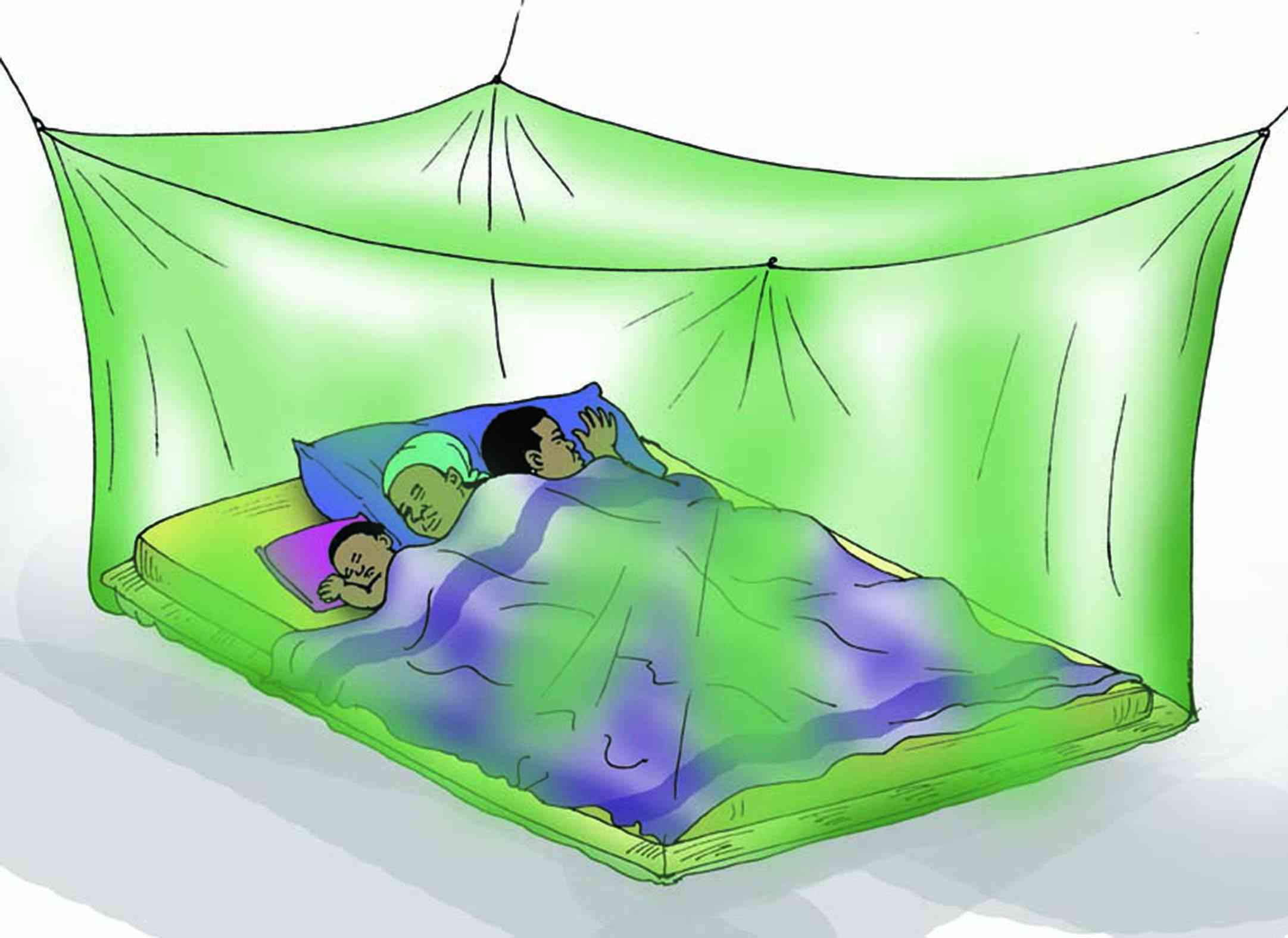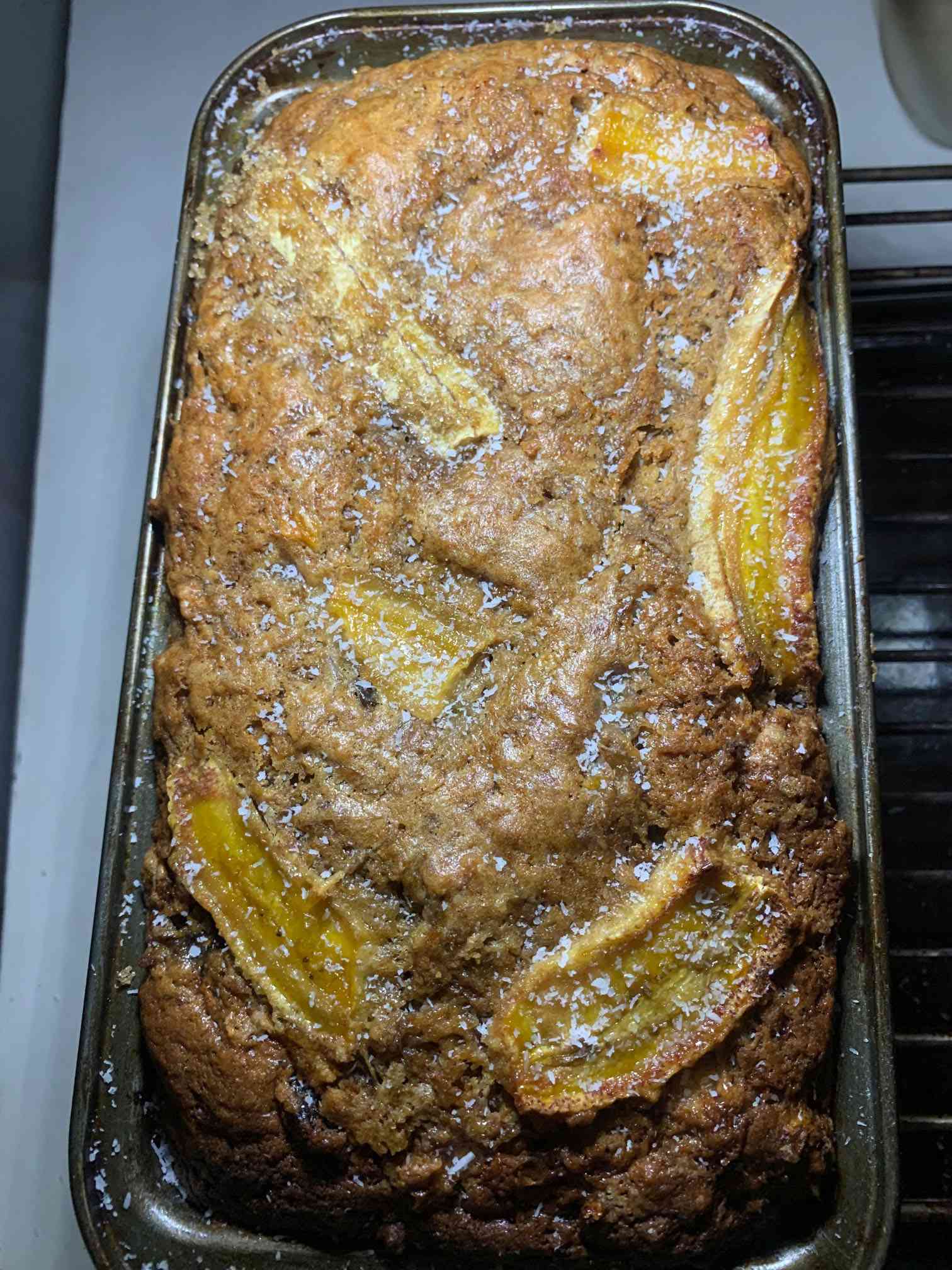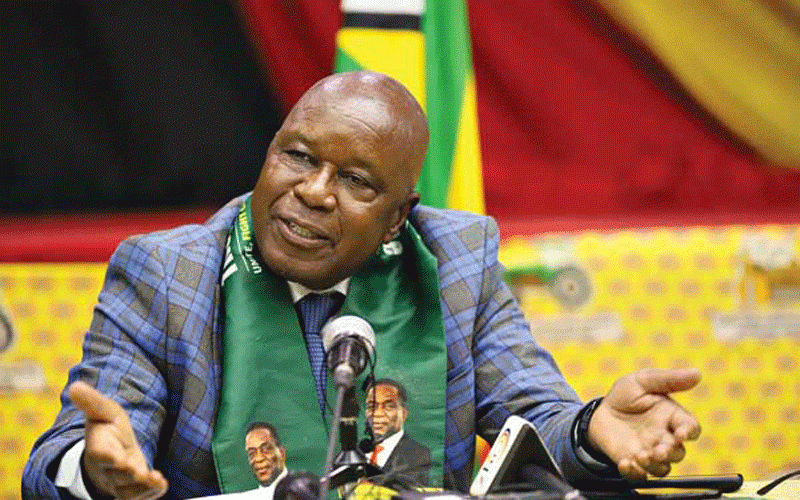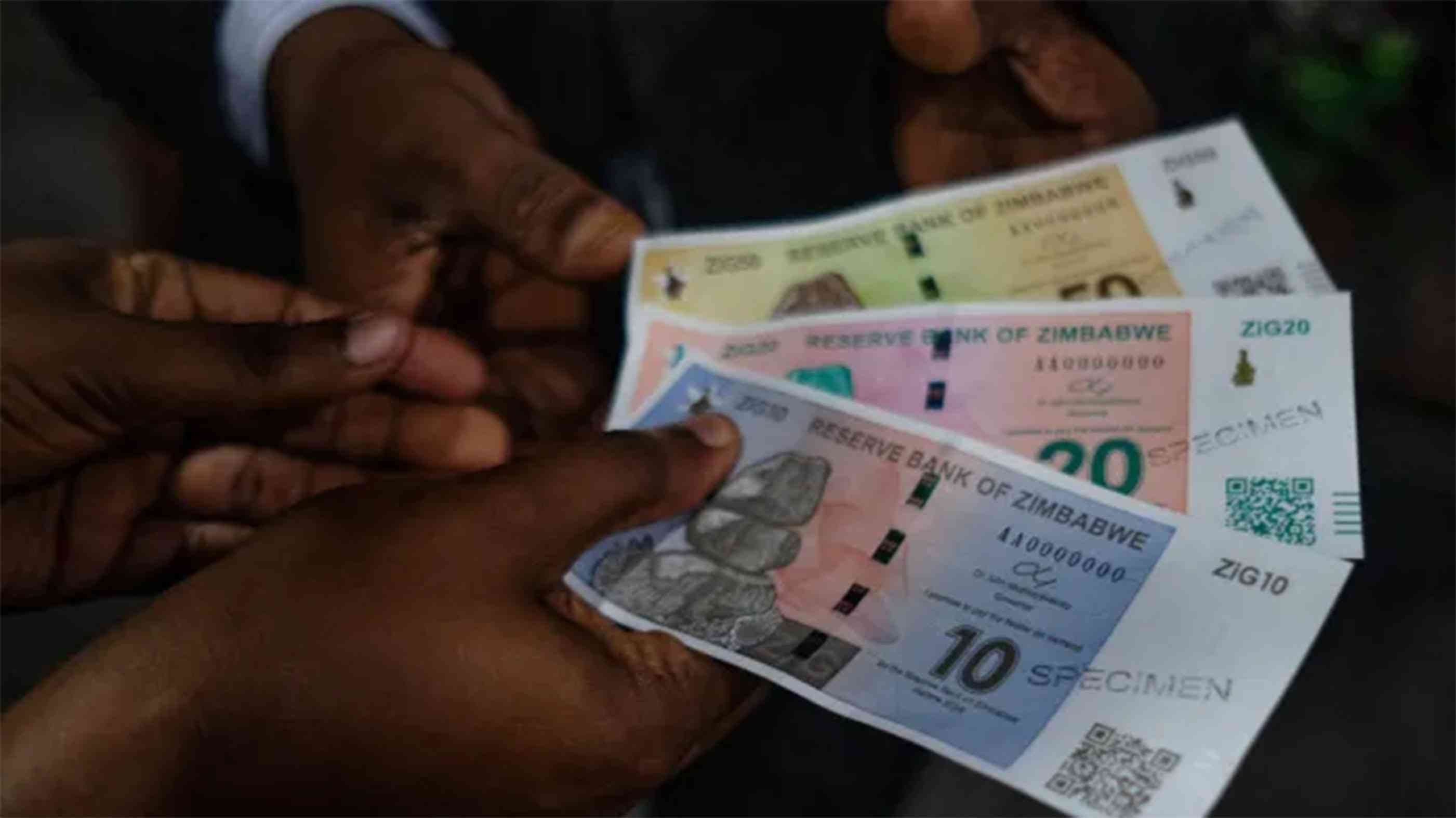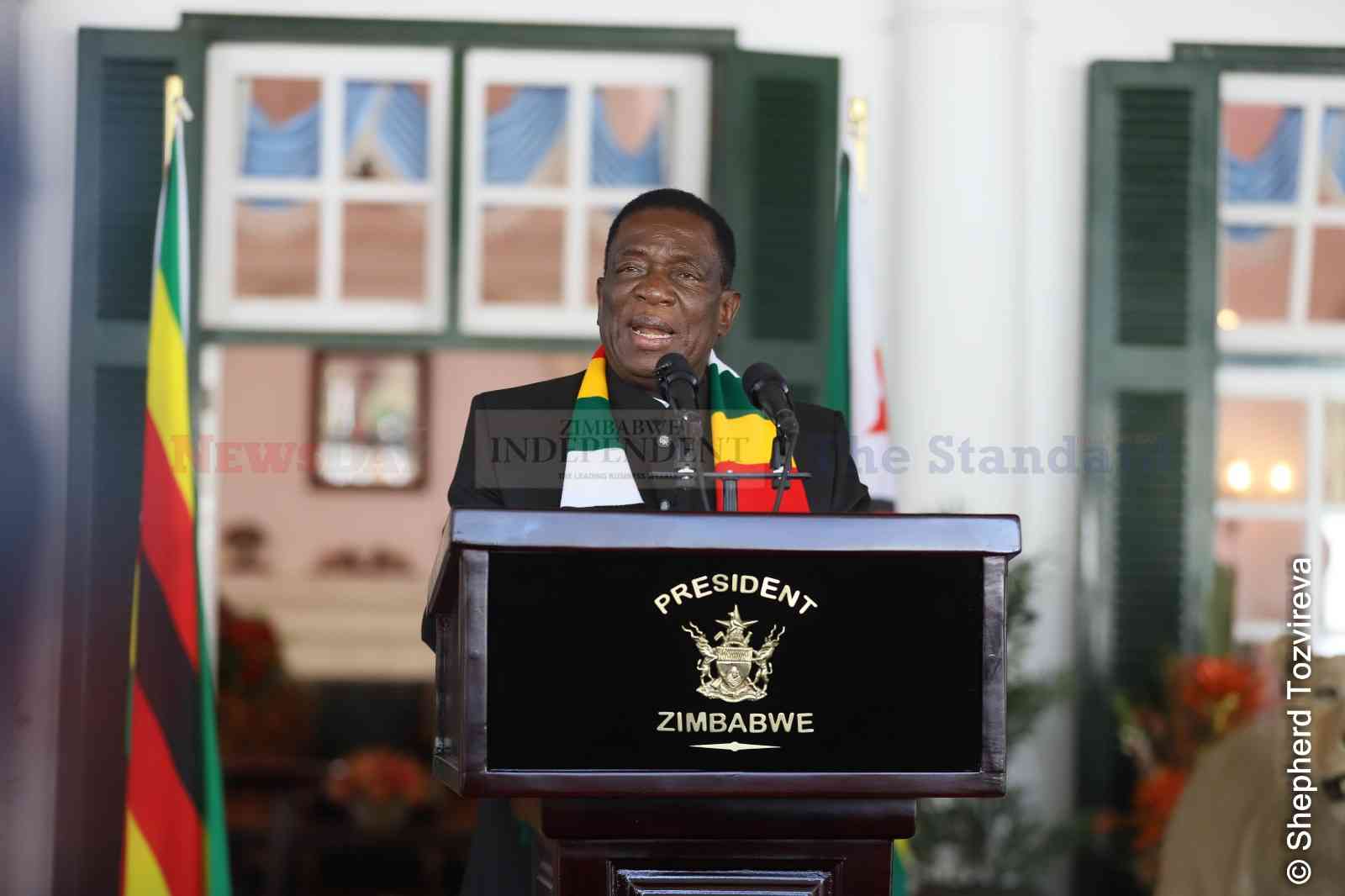
ZIMBABWE’S leadership rarely admits that the economic situation is deteriorating.
When government admits, as it did this week, that a relentless El Niño induced drought has left 2,7 million people at the threshold of starvation, it simply means the situation has really worsened.
For those with surplus food or financial resources, it is time to take action.
The admission could signal that strategic reserves are emptying fast, and the outlook may be bleak.
The figures released by President Emmerson Mnangagwa were nerve racking, they require every Zimbabwean with capacity to take action.
A country with so much gold and diamonds cannot see its people starve due to drought.
Following the drought, which has seen 80% of the country receiving below average rainfall, over 9 000 cattle have died already.
Mnangagwa said the country faces almost 680 000 metric tonnes of cereal food deficit.
- Irrigation panacea to droughts: Haritatos
- NoViolet Bulawayo’s new novel is an instant Zimbabwean classic
- 60% of Zim has never known electricity
- Jah Prayzah, Zanu PF rekindles ‘lost love’
Keep Reading
What was telling in his disclosures was that only a few months back, there were sways of misinformation by several top ranking officials.
They had indicated they were on top of the situation.
They must surely have lied.
This food deficit will have to be imported, and up to US$2 billion would be required.
It is not a small figure.
Everyone knows the situation on the ground.
The economy remains in peril, and it will be difficult for an economically troubled government to pull through this difficult phase alone.
Without swift action by the private sector and individuals holding surplus reserves, many of the food insecure people will starve, if food relief does not reach them early.
Prices are already rocketing as shortages mount, and it has been demonstrated before that foreign aid alone may not be enough to feed vulnerable citizens during difficult times.
It is the reason why Zimbabwe’s usually stubborn authorities summersaulted and agreed to declare the current drought a State of Disaster.
The past year was already littered with waves of terrifying macroeconomic shocks and outrageous plunder levels, with inflation rising and currency instability deteriorating.
The economy is weak.
What Zimbabwe requires now is a private sector that rises up to the occasion.
Our economy is significantly indigenised.
A large number of those running or owning the biggest companies are local Zimbabweans, many of them connected to the ruling party.
They preach to us every day that they are the most patriotic human beings in the country.
When opportunities come, they are quick to grab them, leveraging on the political connections, at the expense of millions.
As individuals, they may not have an obligation to donate to the under privileged.
But given that they are always forcing people to demonstrate patriotism, they must lead by example – taking the front role in saving their own.
This does not only refer to Zanu PF functionaries.
Every private sector operator sitting on a surplus is encouraged to participate in this worthy cause.
It is not only morally correct.
It just demonstrates that the waves of bad publicity and capital flight that Zimbabwe has suffered since decisions to indigenise the economy were made over a decade ago are bearing fruit.
Zimbabwe is not short of individuals with capacity to chip in with resources.
We have recently seen the stunning show of generosity made by Wicknell Chivayo, for instance.
He has been dishing out fast cars and top range latest versions of automobiles to the rich and famous.
But over half of the country has been condemned to abject poverty.
They need food, medicine, clean water, text books and other necessities.
But nobody cares to assist them.
Individuals like Chivayo should seriously consider chipping in for this humanitarian cause.
This will lift a significant burden off the shoulders of a struggling government.
Philanthropists the world over are taking funds out of their vaults to give to the poor during this era of climate change-induced troubles.
The President’s call for help should surely be supported by Zimbabweans like Chivayo, not just the international community.
Rich churches must also chip in, as many already do.
If they do so, it becomes true patriotism - patriotism that changes lives and brings food on the table.

